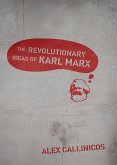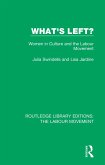Was East Germany a "Marxist" state? Some critics say that Marx was missing altogether from life in the German Democratic Republic and was sorely missed; others argue that the citizenry missed West German marks even more, and that this brought about the regimes collapse. Both criticisms miss their marks. When Peter Marcuse and his wife left for a year of teaching and research in East Germany in August 1989, they had no idea that they were about to witness one of the most tumultuous years in German history. In this remarable political and personal narrative, marcuse chronicles the course of events as the country barrelled from Karl Marx to Deutsche marks. Marcuse, born in Germany, was uniquely able to meet and talk with people at all levels of society, and his description is presented in a chronological diary of events and experiences, interspersed with short analytic essays, which together give an extraordinary inside picture of "really existing socialism" as it manifested itself in East Germany. Marcues's combination of personal diary and political analysis allows us to understand the extent to which East German society was socialist, as well as how that socialism affected people as they lived their daily lives. His discussion of how the political leadership and the dissident activists attempted first to guide and then to keep up with the rapid changes shows how the dissolution of the state was the result both of internal causes and of competition from the Western economic system. His final chapter examines what can be learned, and possibly saved, from the East German experience.
Hinweis: Dieser Artikel kann nur an eine deutsche Lieferadresse ausgeliefert werden.
Hinweis: Dieser Artikel kann nur an eine deutsche Lieferadresse ausgeliefert werden.








